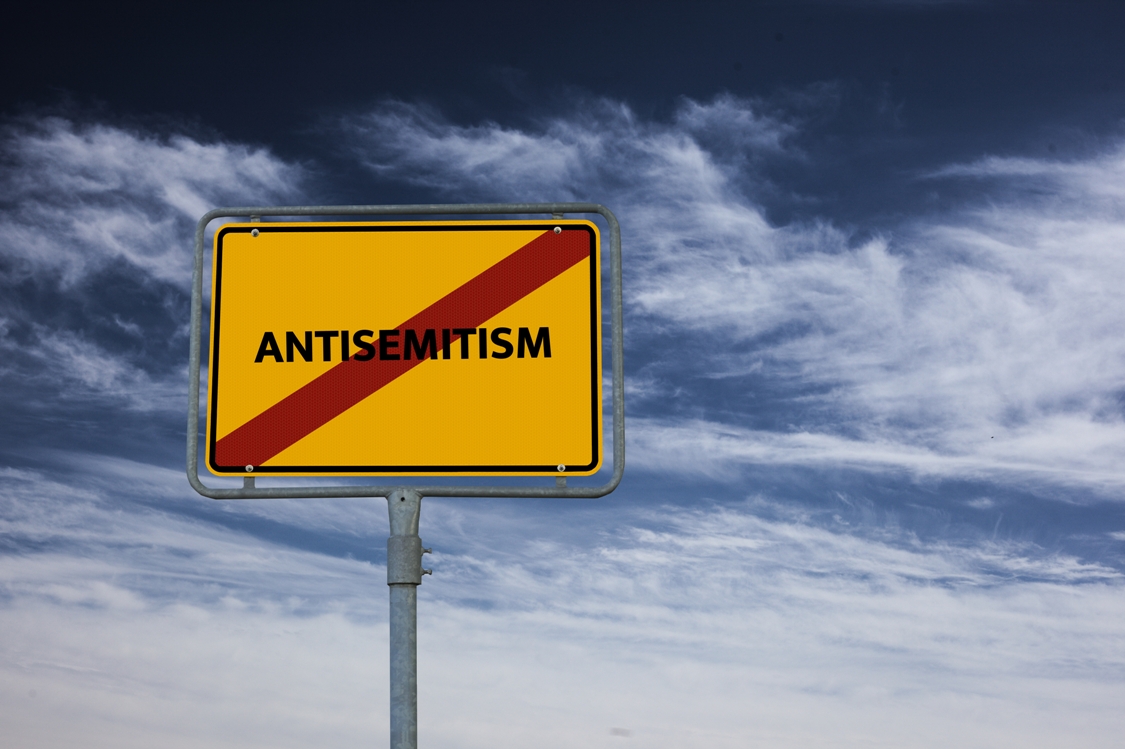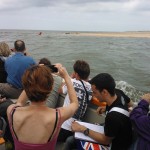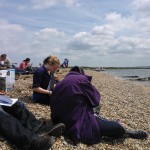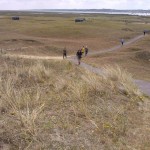This article was written by Dr Brendan McGeever. Dr McGeever is based in the Department of Psychosocial Studies and the Pears Institute for the study of Antisemitism. He is part of the teaching team for Facing Antisemitism: Politics, Culture, History alongside course leader Professor David Feldman (Department of History, Classics and Archaeology and Pears Institute for the study of Antisemitism) and Dr Ben Gidley (Psychosocial Studies).

Image credit: domoskanonos
Antisemitism sits at the centre of British political debate like never before. It is a subject that is explosive and controversial, but one that is often poorly understood, leaving some people troubled and others perplexed. The persistence of antisemitism, both in Britain and globally, provokes urgent questions that should concern us all.
At Birkbeck we have developed a new short course to explore the sources, development and contemporary forms of antisemitism – and never has a course been so timely and so needed.
Facing Antisemitism: Politics, Culture, History is open to students and the public. Taught over three evenings, it draws on history and the social sciences, to answer questions such as: How can we recognise and define antisemitism? How does it relate to other forms of racism? How widespread is antisemitism? Where does it come from? Why does it persist? What is the impact of antisemitism on Jews? What is the relationship between anti-racism and opposition to antisemitism? Birkbeck is ideally placed to provide this course: it is the only university in the UK with an institute dedicated to the study of antisemitism.
Those who take the course will learn about the manifestations and sources of antisemitism and be equipped to recognise antisemitism, both in the past and in the present. Antisemitism has no single home: it can be found across religious and political divisions. For example, there is a long tradition of antisemitism on the political right, particularly on its fascist fringes, which today are increasingly encroaching into the political mainstream. But antisemitism has also been a recurring feature on the left, and to a great extent this is what generates controversy and confusion today. What this tells us is that antisemitism resides within political culture: there is a reservoir of myths, stereotypes and narratives about Jews that traverses the political divide, and it is there to be drawn on whenever Jews – implicitly or explicitly – become the subject of political debate.
For me, as a sociologist, with a special interest in racialization, one of the important features of the course is that at Birkbeck we consider antisemitism as a form of racism. This perspective makes it possible to identify the specificities of antisemitism, as well as its connections with other forms of prejudice and domination. Students will also learn about the changing place of antisemitism within the politics of anti-racism. Half a century ago, opposition to antisemitism and opposition to other racisms were closely aligned. Today, these connections are slender, and for many, there has been a parting of ways. This is nowhere more apparent than in the debate over Israel and Palestine. This course navigates this contested history and provides the concepts to understand the relationship between anti-Zionism, anti-racism and antisemitism. It is a course for today’s troubled times.
If you want to learn more about antisemitism, this course is for you.
. Read all 11 comments . Category: Social Science History and Philosophy . Tags: antisemitism, Pears Institute for the Study of Antisemitism, racism




